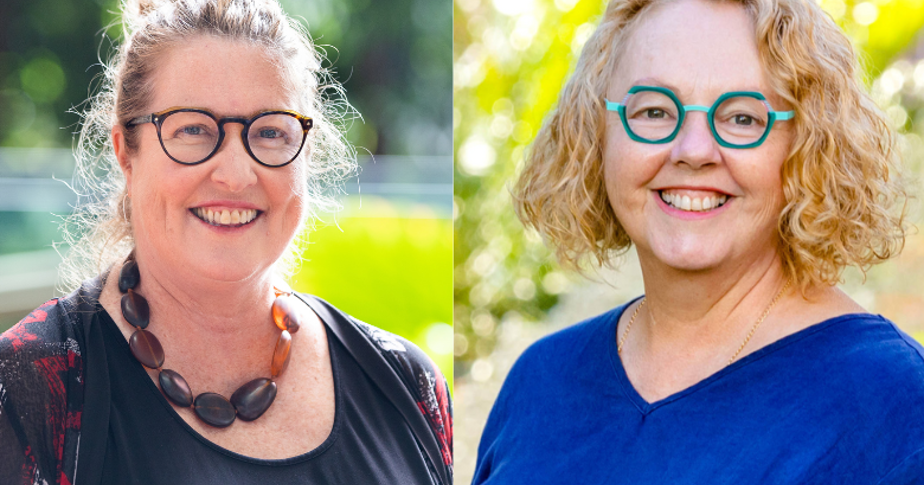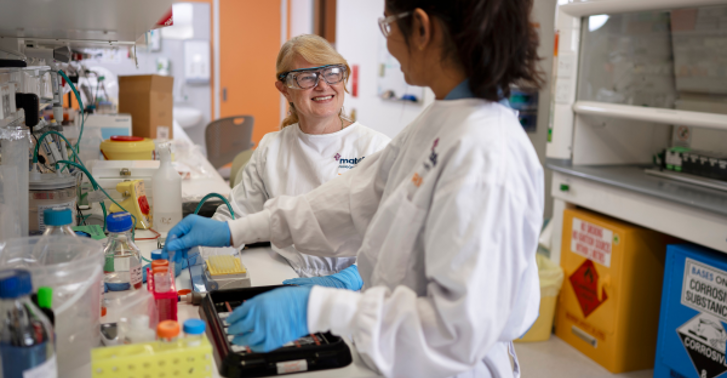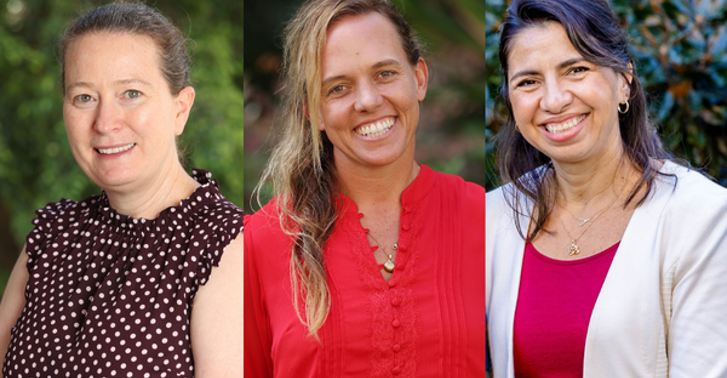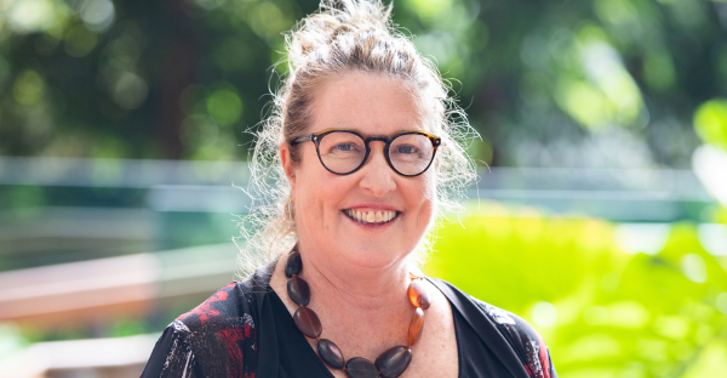
Mater Researchers are continuing to ensure that the next generation of Queenslanders will have the best start in life thanks to a $200,000 grant, funded by the Queensland Government through a Health and Wellbeing Queensland GenQ Health and Wellbeing Impact grant.
The grant will enable the Mater Research-based Queensland Family Cohort (QFC) to partner with Health and Wellbeing Queensland to capture information and create a generational shift for the health of Queensland’s next generation.
The QFC will generate evidence-based and innovative ideas to improve the health and wellbeing of Queensland communities with an emphasis on children and youth. Data will be captured from Queensland families through a secure web platform.
QFC Scientific Director Professor Vicki Clifton explained that the first 2,000 days of a child’s life — from conception to starting school — can have a large impact in our community.
“Unless a child visits a hospital, no information on their health, wellbeing or life experience is recorded, missing this critical window of opportunity,” Professor Clifton said.
“We are excited to receive this grant, as it will allow us to extend the work of the QFC over the next 24-months. Through our initiative we aim to expand to Logan, Ipswich and Townsville allowing us to capture data on vulnerable populations across rural regions and South East Queensland.”
“Our partnership with Health and Wellbeing QLD, will allow us to capture data through Generation Queensland (GenQ) to see in real time where gaps in health and wellbeing lay, and at what life-stage, in diverse populations across Queensland."
“"We will be able to develop preventative interventions and shape health policy and practice for the future.”
Mater Research’s Principal Research Fellow in Indigenous Health and Lead of the Indigenous QFC, Associate Professor Kym Rae said the collaboration with GenQ is ensuring that important health information from rural and regional communities is being represented.
“Ensuring that these communities are represented in the health information for the state is so important,” A/Prof Rae said.
“It means that future policies and practices for healthcare will provide appropriate strategies for rural regions to help close gaps in care between rural and metropolitan communities” A/Prof Rae said.
Health and Wellbeing QLD CEO, Dr Robyn Littlewood, said the GenQ Health and Wellbeing Grants attracted a strong response.
“Through the GenQ Health and Wellbeing Grants program, Health and Wellbeing Queensland is delighted to support innovative ideas or approaches with potential to influence health and wellbeing promotion and/or practice that leads to improved, sustainable and equitable health and wellbeing outcomes for young Queenslanders,” Dr Littlewood said.
Health and Wellbeing Queensland is an independent organisation that was established in 2019 and is accountable to the Queensland Government to improve the health and wellbeing of all Queenslanders and reduce health inequities.


